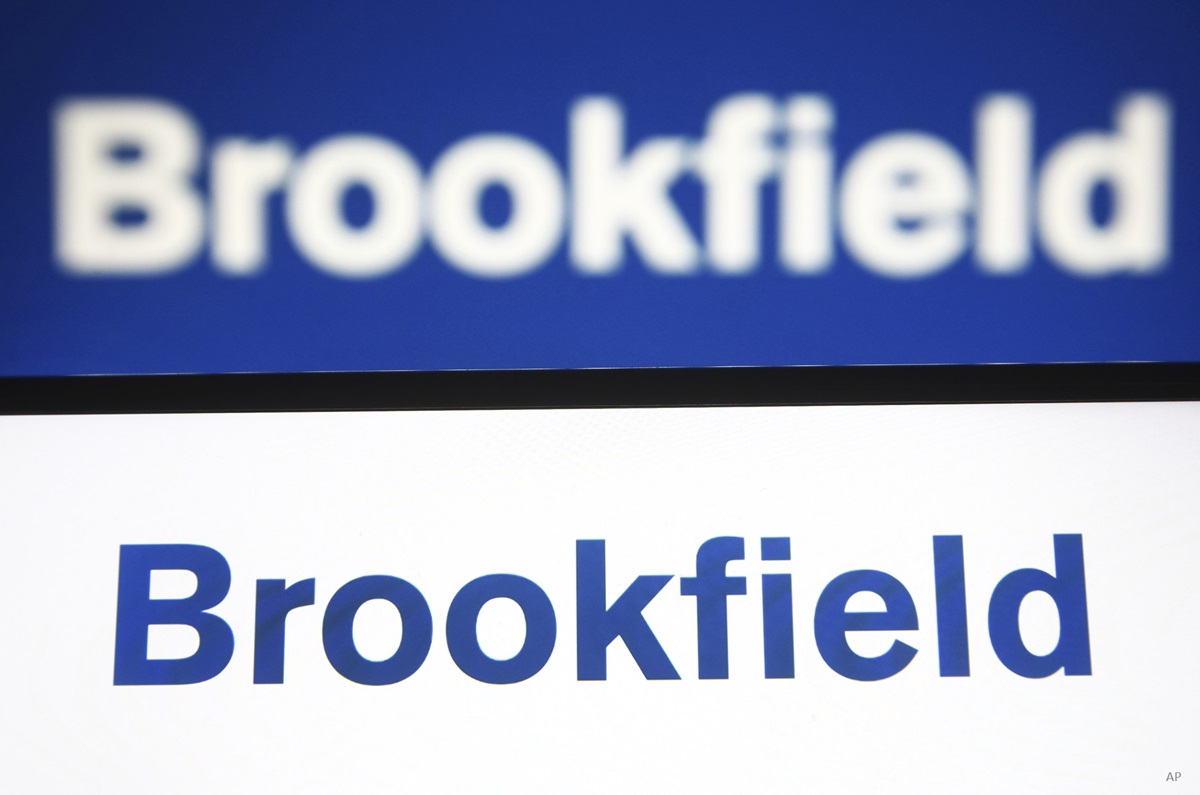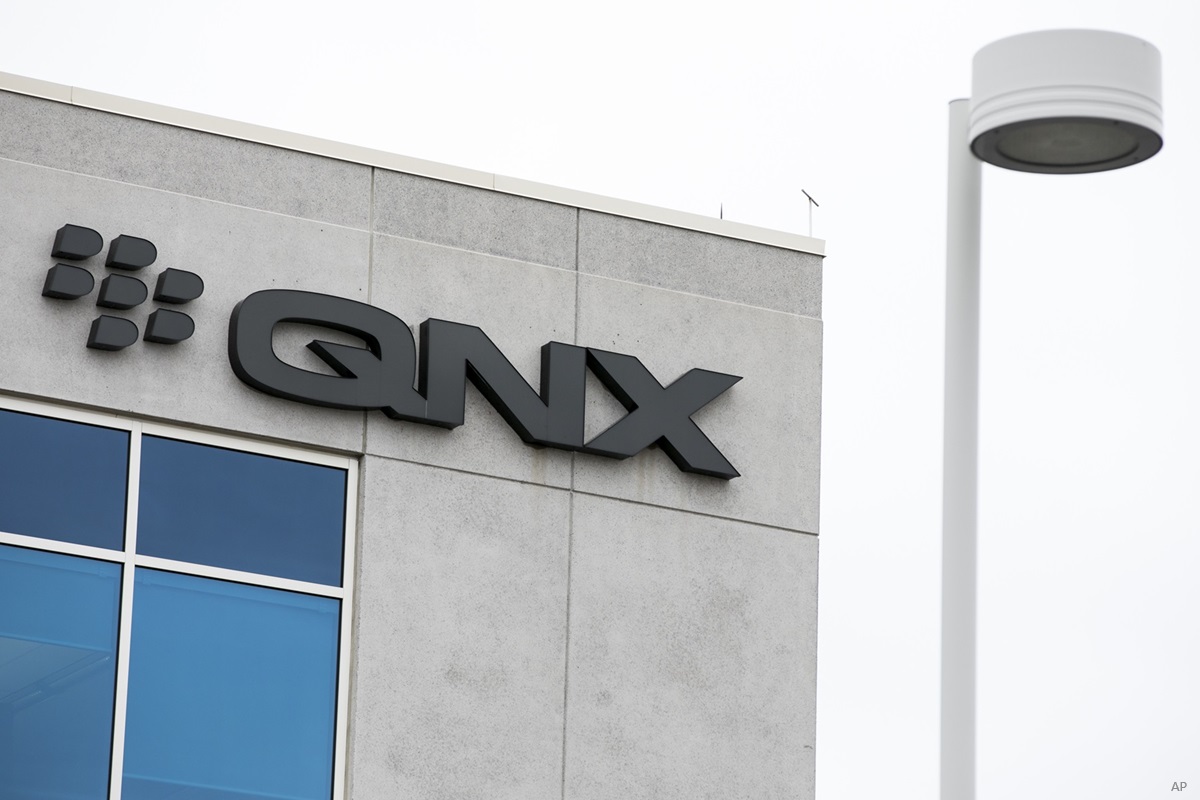Key Takeaways for Hydro One Stock:
- We believe Hydro One deserves a premium over peers due to strong execution and above-average growth opportunities, but we do not believe the company deserves a moat.
- Typically, utilities have a service territory monopoly thanks to exclusive government permits. The advantage is lost when the government becomes a shareholder.
- Hydro One's regulator, the Ontario Energy Board, has proven to be a good partner. Returns are lower than in the United States, but incentive revenue and revenue decoupling are beneficial for shareholders.
Andrew Willis: It may be a great idea for citizens to own a large share of their hydro company, but what does this influence mean for investors?
If you’re in Ontario and you want to feel at least a little better about your hydro bill, you can pick up some Hydro One stock. You’ll get utility-like dividends and low uncertainty, which is a nice defensive bet these days. But we don’t see any claim to competitive advantages for Hydro One shareholders.
Income Utility Stock With a Political Twist
Sector strategist Andrew Bischof says that typically service territory monopolies and efficient-scale advantages are the primary sources of an economic moat for regulated utilities. The hydro company is granted exclusive access to a market. But in Hydro One’s case, the largest shareholder is the province of Ontario, which means the influence of politics doesn’t exactly serve as a competitive edge.
Bischof says he doesn’t have confidence that the province won’t pass legislation at the expense of shareholders in the future and says Hydro One’s key risk to future earnings is political uncertainty.
Hydro One’s Management Makes for a Premium Despite No Moat
In contrast to its political environment, however, we see the regulatory environment as constructive and stable, which contributes to a Low Uncertainty Rating overall. With Hydro One’s steady cash flow from underlying businesses and management that continues to execute on all fronts, we continue to expect that it will be able to achieve the high end of management's 5% to 7% annual earnings growth target.
And that high growth target comes from expectations for Hydro One to invest more than CAD 11 billion into its business from 2024-27—without the need for external capital. Now that’s not something every utility can do.
For Morningstar, I’m Andrew Willis.
 Hydro One Bulls Say
Hydro One Bulls Say
- Hydro One's regulated transmission and distribution assets provide cash flow clarity.
- The company's capital investment plan drives our growth forecast above the midpoint of management's 5%-7% guidance through 2028.
- The company's approved joint rate application offers opportunities for additional growth capital investment.
 Hydro One Bears Say
Hydro One Bears Say
- Hydro One faces significant political risk with the province of Ontario's 47% ownership stake.
- The Canadian regulatory environment offers lower allowed returns than in the U.S.
- As with all regulated utilities, rising interest rates will raise financing costs and could make the dividend less attractive for income investors.
The author or authors do not own shares in any securities mentioned in this article.





:quality(80)/cloudfront-us-east-1.images.arcpublishing.com/morningstar/U746MWXQHFFZPLSMTEJSUD7HLY.png)















